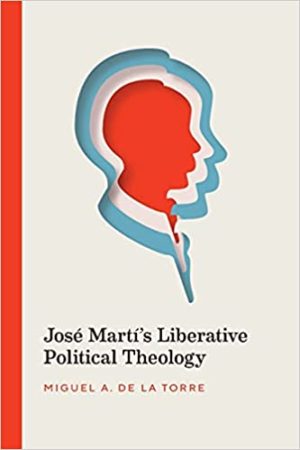The Political Theology of José Martí
“… with Cuba, a reconciling opportunity for North American churches exists if they understand Martí as the bases for Cuban political theology. ”
Team Members/Contributors
About this sabbatical grant for researchers
At the entrance to NY Central Park is a statue depicting José Martí when he was mortally wounded. Today, many walk pass the monument with faint awareness as to whom it represents. Martí is credited as the intellectual and organizational founder of the revolutionary movement that lead to Cuban independence from Spain, a poet, a journalist, a professor, a diplomat, and a precursor of modernismo in literature. Both rightest and leftist caudillos like Batista and Castro claim him as the intellectual founder for their political thoughts. Communist and capitalist pay homage to the same man, claiming him as the inspiration for their separate movements. Most books written on Martí mainly romanticize him so as to manipulate his thoughts to justify whatever political actions (atrocities) those in power conduct. The focus of my project will be Martí's religious and theological thoughts, specifically, his political theology, an area not yet explored. Not known as a religious man, Martí was still critical of the church when it oppressed the poor through its complicity with ruling powers. Perusing over 12,500 pages of his Complete Works, spanning 25 volumes, one finds references to a Christianity shaped by its solidarity with the oppressed. Living in New York City during the 1880s and writing as an ethnographer informed his approach in the production of political theology. He was the first to warn Latin American about the dangers concerning the rise of the U.S. Empire. Although his burning passion was a liberated Cuba from Spain’s colonialism and U.S. imperialism; he pursued this goal as part of a larger project that served as a bulwark against U.S. aggressive jingoist designs. While many have dismissed Martí’s religious contributions as marginal, I argue that before liberation theological thought was crystalized in the 1960s, Martí served as its precursor. As the U.S. moves towards a new relationship with Cuba; he can serve as a crucial symbol for churches seeking reconciliation
| Image | Title | Year | Type | Contributor(s) | Other Info |
|---|---|---|---|---|---|

|
José Martí's Liberative Political Theology | 2021 | Book |
Miguel A De La Torre |